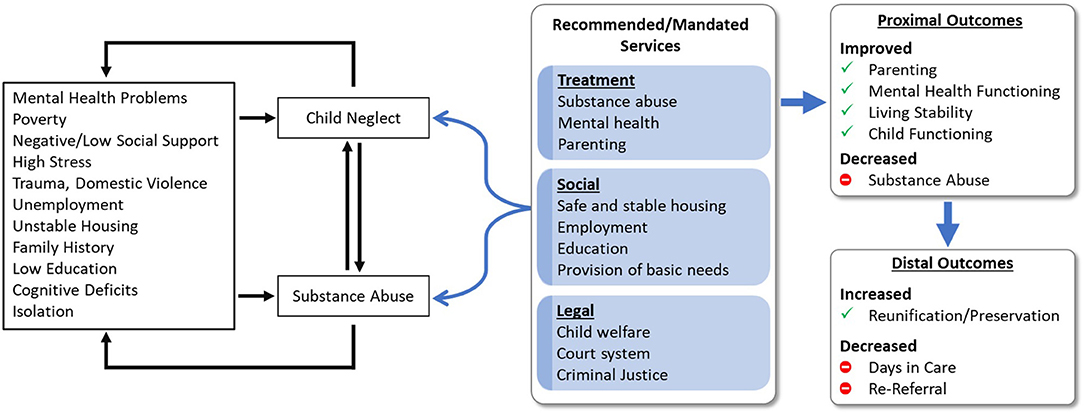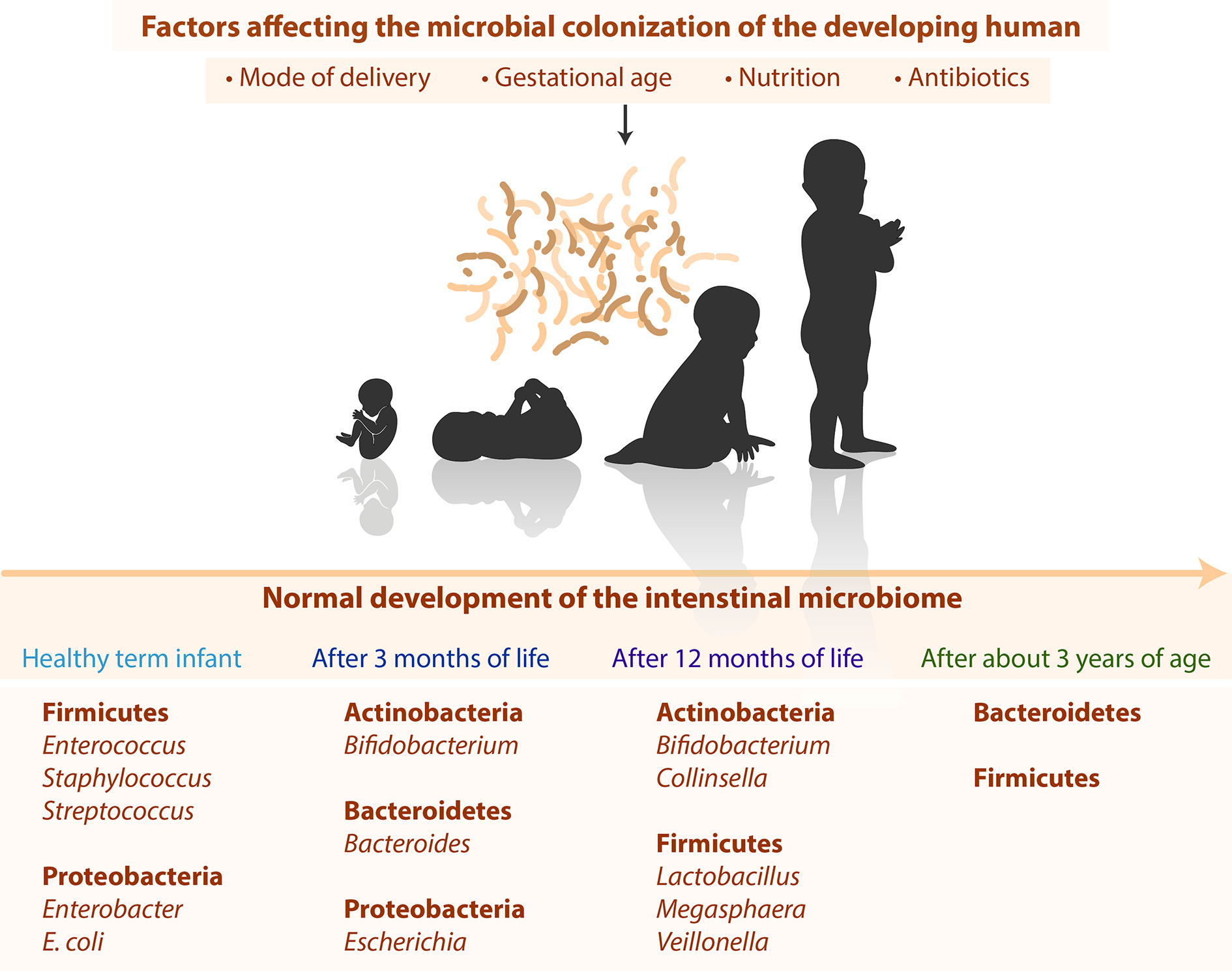Report on Health and Well-being in the Music Industry: A Case Study Aligning with SDG 3
Introduction: Health Challenges and Sustainable Development Goal 3
This report examines the recent health announcement by musician Paul Arthurs through the lens of the United Nations’ Sustainable Development Goal 3 (SDG 3): Good Health and Well-being. The case highlights the global challenge of non-communicable diseases, such as cancer, and underscores the critical importance of accessible, quality healthcare in ensuring individuals can lead healthy and productive lives.
Case Subject: Paul Arthurs’ Health Status and Treatment
The subject’s health status provides a direct illustration of the objectives outlined in SDG 3, particularly the target of reducing premature mortality from non-communicable diseases through prevention and treatment.
- Diagnosis: Mr. Arthurs was diagnosed with prostate cancer in early 2024.
- Treatment Progress: Initial medical interventions have been successful, with reports indicating a positive response to treatment. This aligns with SDG 3’s emphasis on access to effective medical care.
- Ongoing Care: A planned break for a second phase of treatment is required, demonstrating the long-term management necessary for such conditions.
- Medical History: A previous diagnosis of tonsil cancer in 2022 further emphasizes the ongoing health challenges individuals may face and the need for resilient healthcare systems.
Impact on Professional Commitments and Economic Well-being
An individual’s health is intrinsically linked to their ability to participate in economic activities. This case demonstrates the direct impact of health treatment on professional life, a key component of overall well-being as envisioned by the SDGs.
- Temporary Withdrawal: Mr. Arthurs will temporarily withdraw from his professional duties as a guitarist for the Oasis reunion tour to prioritize his health and treatment.
- Affected Schedule: The planned absence will impact tour dates in several international locations:
- Seoul (October 21)
- Tokyo (October 25-26)
- Melbourne (October 31, November 1 & 4)
- Sydney (November 7-8)
- Planned Return: A scheduled return to professional activities is anticipated for November, in time for the South American leg of the tour. This highlights how effective healthcare facilitates a return to economic productivity.
Conclusion: The Importance of Healthcare Access in Achieving SDG 3
The case of Paul Arthurs serves as a significant example of the principles embedded within SDG 3.
- Access to Treatment: The report underscores the vital role of early diagnosis and access to comprehensive treatment plans in managing non-communicable diseases.
- Promoting Well-being: It demonstrates how prioritizing health enables individuals to manage serious medical conditions while maintaining a clear path toward resuming their professional and social contributions.
- Public Awareness: Public disclosure of such health challenges contributes to broader public health awareness, reducing stigma and encouraging preventative checks and early diagnosis among the general population, thereby supporting the overarching goals of SDG 3.
Analysis of Sustainable Development Goals in the Article
-
Which SDGs are addressed or connected to the issues highlighted in the article?
The primary Sustainable Development Goal (SDG) addressed in the article is:
- SDG 3: Good Health and Well-being. The entire article focuses on the health of the musician Paul “Bonehead” Arthurs. It details his diagnosis with prostate cancer, his ongoing treatment, and a previous diagnosis of tonsil cancer. The core theme is access to and the process of healthcare for a serious non-communicable disease.
-
What specific targets under those SDGs can be identified based on the article’s content?
Based on the focus on cancer diagnosis and treatment, the following specific target under SDG 3 is relevant:
- Target 3.4: By 2030, reduce by one-third premature mortality from non-communicable diseases through prevention and treatment and promote mental health and well-being. The article directly relates to this target by discussing a non-communicable disease (cancer). The narrative centers on the treatment aspect of this target. The statements “he had been responding well to treatment” and that his previous tonsil cancer was “treatable” highlight the importance and effectiveness of medical care in managing such diseases and preventing premature mortality.
-
Are there any indicators mentioned or implied in the article that can be used to measure progress towards the identified targets?
The article implies an indicator that is used to measure progress towards Target 3.4:
- Indicator 3.4.1: Mortality rate attributed to cardiovascular disease, cancer, diabetes or chronic respiratory disease. While the article does not provide statistical data, it presents a case study directly related to this indicator. The focus on a “diagnosis” and a “course of treatment” for cancer, along with the positive outcome (“responding really well to treatment”), is an example of the healthcare actions that contribute to reducing the mortality rate from cancer. The successful management of the disease for an individual, as described in the article, is a qualitative representation of the efforts measured by this quantitative indicator.
-
SDGs, Targets, and Indicators Table
SDGs Targets Indicators SDG 3: Good Health and Well-being Target 3.4: By 2030, reduce by one-third premature mortality from non-communicable diseases through prevention and treatment and promote mental health and well-being. Indicator 3.4.1 (Implied): Mortality rate attributed to cancer. The article discusses the diagnosis and successful treatment of cancer (“responding really well to treatment”), which are direct actions aimed at preventing mortality from this non-communicable disease.
Source: theguardian.com







